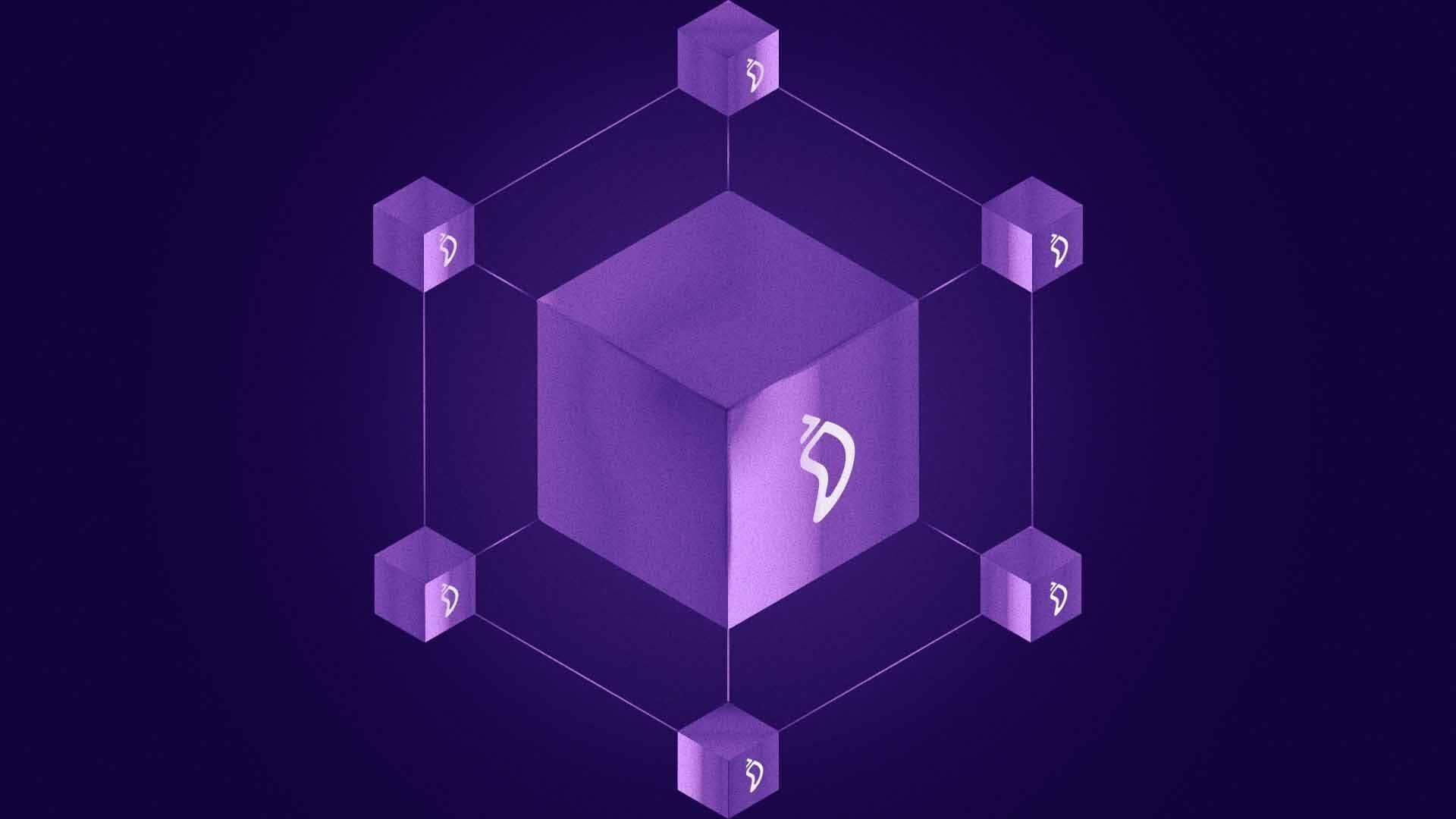Web 3.0 Blockchain: Transforming the Future of Decentralized Internet

Web 3.0 Blockchain is ushering in a transformative era in the digital world, promising a more decentralized, transparent, and user-controlled internet. This next-generation web architecture builds upon the foundational principles of blockchain technology to create a system where users own their data, interact peer-to-peer without intermediaries, and participate in digital economies with enhanced trust and security. Unlike Web 1.0, which was primarily static, and Web 2.0, which introduced interactivity and centralized platforms, Web 3.0 aims to dismantle the monopolistic control of digital giants by redistributing power back to the users through decentralized protocols and open-source technologies.
One of the most defining features of Web 3.0 Blockchain is its reliance on decentralization. By eliminating central authorities, blockchain enables peer-to-peer interactions across various sectors such as finance, social media, supply chain, and data storage. This decentralization ensures that no single entity has undue control over the network, enhancing transparency, reducing censorship, and increasing system resilience. Blockchain networks like Ethereum and Polkadot are pioneering this shift by allowing developers to build decentralized applications (dApps) that operate autonomously through smart contracts—self-executing code that runs when predefined conditions are met.
Smart contracts form the backbone of Web 3.0’s functionality. These programmable agreements automate transactions and enforce rules without the need for intermediaries, thereby reducing costs and improving efficiency. In the world of decentralized finance (DeFi), smart contracts facilitate lending, borrowing, trading, and yield farming activities with minimal human intervention. By ensuring that agreements are transparent, immutable, and tamper-proof, smart contracts build a new layer of trust into digital interactions that was previously missing in Web 2.0 environments.
Another essential pillar of Web 3.0 Blockchain is digital identity. Unlike the traditional model where user data is stored on centralized servers and monetized by corporations, Web 3.0 allows individuals to own, control, and monetize their personal data using decentralized identifiers (DIDs) and verifiable credentials. These tools enable secure authentication and authorization across applications without relying on a central authority. As a result, users can prove their identity while maintaining privacy—essential for services like healthcare, e-commerce, and government platforms.
The Web 3.0 Blockchain ecosystem is also fueling the growth of a new crypto economy. Through tokenization, assets such as digital art, real estate, and even intellectual property can be represented on the blockchain and traded securely. Non-fungible tokens (NFTs) exemplify how creators can monetize their work directly without intermediaries, fostering new business models and revenue streams. Meanwhile, governance tokens empower communities to vote on protocol upgrades and operational decisions, promoting democratic participation and shared ownership in digital ecosystems.
Despite its transformative potential, Web 3.0 Blockchain also faces several challenges. Scalability remains a major issue, as most blockchain networks struggle to handle mass adoption due to limitations in transaction speed and cost. Moreover, regulatory uncertainty, cybersecurity risks, and lack of user-friendly interfaces hinder widespread acceptance. However, ongoing innovations such as layer-2 solutions, sharding, and zero-knowledge proofs are actively addressing these concerns, paving the way for a more robust and accessible decentralized web.
Major tech companies, startups, and even governments are taking note of the Web 3.0 revolution. Microsoft, ConsenSys, and Chainlink are developing tools and frameworks to support decentralized applications, while countries like Estonia are exploring blockchain for digital governance. Venture capital is pouring into Web3 projects at unprecedented levels, signaling strong investor confidence in the sector’s long-term potential. This global momentum is not only advancing technological capabilities but also driving public awareness and institutional adoption.
As we transition into a Web 3.0 era, the implications for society are profound. Users will enjoy more privacy, creators will receive fair compensation, and systems will become more resilient against manipulation and failure. The convergence of blockchain with emerging technologies such as artificial intelligence (AI), the Internet of Things (IoT), and augmented reality (AR) further amplifies its impact, opening the door to immersive, intelligent, and trustworthy digital experiences. These integrations will redefine how we interact with data, digital assets, and each other across virtual and physical environments.
Source - https://www.marketresearchfuture.com/reports/web-3-0-blockchain-market-10746
Web 3.0 Blockchain represents a paradigm shift in how we conceive and experience the internet. By leveraging the principles of decentralization, transparency, and self-sovereignty, this new digital framework offers a more equitable and secure online environment. While challenges remain, the ongoing development of infrastructure, standards, and applications continues to push the boundaries of what’s possible. As users, businesses, and governments adapt to this change, Web 3.0 Blockchain is poised to become the foundation of the next-generation digital economy, one where power is distributed, innovation is open, and trust is built into the very fabric of the web.
- Art
- Causes
- Crafts
- Dance
- Drinks
- Film
- Fitness
- Food
- Παιχνίδια
- Gardening
- Health
- Κεντρική Σελίδα
- Literature
- Music
- Networking
- άλλο
- Party
- Religion
- Shopping
- Sports
- Theater
- Wellness


